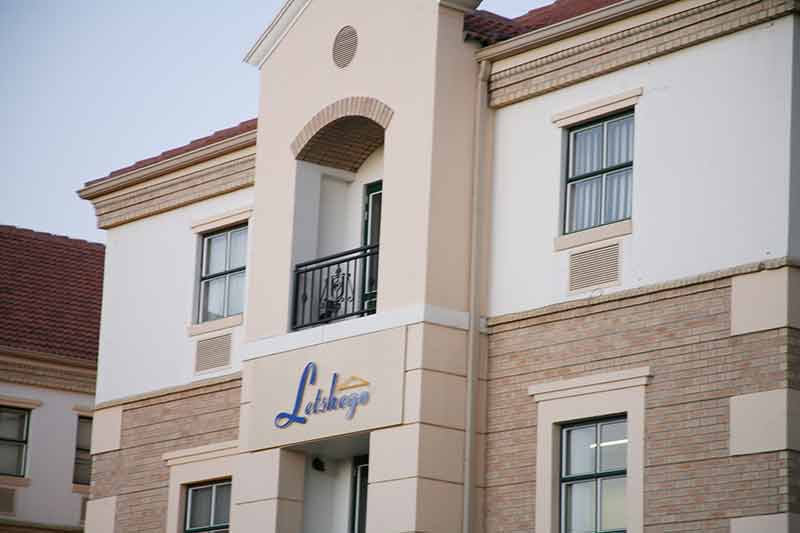
Letshego shares to go for 470 cents

Letshego Holdings Namibia (LHN) in their prospectus plans to issue a maximum of 100 million ordinary shares at an offer of 470 cents for their initial public offering (IPO).
Local venture capital and private equity fund manager, IJG said the applications opened on Friday and will close on 22 September, while the listing will take place on 28 September.
According to IJG, LHN has two wholly owned subsidiaries, Letshego Bank (Namibia) Limited (LBN) and Letshego Micro Financial Services (Namibia) (LMFSN).
The bank and the micro financial services have a network of two branches and 14 customer access points across the country offering the provision of short to medium-term unsecured consumer loans to salaried employees of the public and private sectors.
IJG said, with the attainment of a banking licence and new ownership structure, LBN has transferred 52% of its loan book to LMFSN, which will enable LBN to focus on providing retail banking solutions, while LMFSN will continue with micro lending activities.
The retail banking products and services will include a range of simple and affordable transactional and savings solutions and services that will predominantly target the lower to middle income segments of the working population.
The Letshego loan book currently consists mainly of government employees and makes use of a deduction at source model. A government deduction code, which allows the holder to collect instalments directly off the Government centralised payroll system, has been instrumental in limiting the credit risk of Letshego’s lending activities. In conjunction with the use of credit management processes, which include credit insurance, LHN has kept their non-performing loans below 1% of total loans and advances.
Over the last three years Letshego Namibia has shown strong growth in profitability, as profit after tax has grown by 23% compounded annually.
According to the prospectus, this has been achieved through good growth in assets and effective credit management processes. The net interest margin on average loans and advances is also much higher than a conventional retail bank, averaging 13.9% over the last three years. This is due to the high interest rates that are charged on uncollateralised loans. LBN lending rates are currently capped at 1.6x the Prime Interest Rate, whilst LMFSN maximum lending rate is capped at 2x the Prime Interest Rate as per the Usury Act. Letshego also boasts an impressive cost to income ratio, which averaged 25.3% over the last three years. This is largely due to the operational efficiency of the business model, which relies heavily on strategic partnerships and mobile network operators to provide the infrastructure, technology and channels to market and enable Letshego to provide services to its customers.
Return on equity has averaged 20.5% over the last three years, while return on assets has been impressively high at 13.3%. The financial leverage of the business is thus quite low, with total assets to total equity at 1.52x at the end of FY16. This implies that ROEs could be materially higher if the company decides to tilt their capital structure to more deposit and debt financing as the company continues to grow. However, the company does face some noteworthy business risks. Firstly, the cap on interest rates charged could be lowered which would have an immediate effect on the net interest margin of the lender.
Meanwhile, the Ministry of Finance has already issued guidelines to introduce regulations for reduced interest rate caps that will apply to the businesses of LBN and LMFSN as payroll deduction code holders.
Furthermore, IJG said Letshego also plans to have a dividend pay-out ratio of 25% of profit after tax. Based on management’s forecast of 23 cent dividend for the current financial year, this translates to a 4.8% forward dividend yield.
IJG said that a full initiation report will be released following the listing and interviews with management, which will include a target price and recommendation.












































